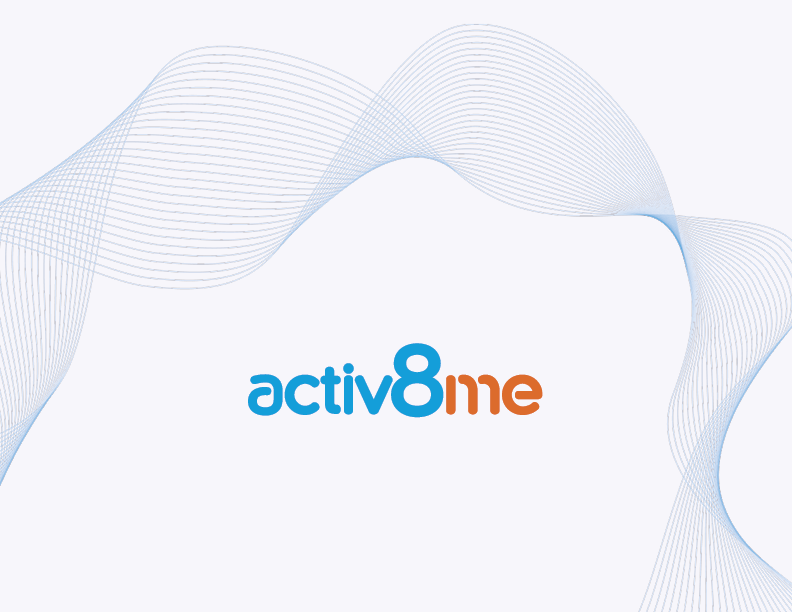Connected disconnection: Does technology help or hurt our mental health?
September 12, 2018 11:33 am
Does technology help or hurt our mental health?
Both World Suicide Prevention Day and R U OK?Day occur this week, and as a part of generating awareness and increasing the discussion about mental illness, depression, anxiety, and suicide prevention, it’s worth looking into a somewhat controversial issue: Does the ongoing worldwide increase in technology use help or hurt our mental health?
Technology use has risen exponentially over the last decade, and in 2014 for the first time there were more active mobile phone subscriptions globally than there were people on the planet. This rise in mobile technology and smartphone ownership, as well as the use of social media, has had both positive and negative effects on overall methods of communication and mental health.
How has technology changed human interaction?
There are numerous studies on the rise of technology and the effect it has on human interaction. In some cases, increased technology use has helped foster connection between friends, families, and communities – especially in areas that are particularly isolated such as in rural Australia. Being able to text, call, or video chat with loved ones who we would not normally be able to contact due to distance has a positive effect on our wellbeing.
However, as our use of social media continues to escalate, it has also given rise to a state of connected disconnection whereby individuals begin to forego face-to-face contact in favour of catching up on what their friends are doing via technology. Mobile technology has been shown to reduce face-to-face contact, and internet usage can cause feelings of loneliness and busyness as well as negatively affecting psychological well-being and intimacy. A reduction of “in-person” social contact can lead to a reduced ability to communicate (or a failure to properly develop good social and communication skills at all in our youth), which may lead to increased social anxiety and create a compounding effect of lessening social ties – a key risk factor for reduced physical and mental health. This is without taking into consideration the effect of cyberbullying and victimisation of adults and youth alike via social media.
How can technology help your mental health?
As we use our smartphones and health and fitness trackers more and more, the ability to track large amounts of relevant health data that could be used to predict problems in someone’s psychological state grows. Known as digital phenotyping, the collection of data such as sleep patterns, heart rate, movement, the types of language we use in a text message, and other daily activities can help a health professional understand whether someone is at risk of a depressive episode, a manic episode, a post-traumatic stress disorder flashback, a panic attack – the list goes on. Over time, it will even be possible for health apps to track and respond to this data in real time, making intervention recommendations to the user to engage in activities that reduce their symptoms, improve their compliance to medication regimens or support self-management of their illness1.
Artificial Intelligence (AI) that is able to detect changes in the way we speak and write in order to predict depression is being developed by digital health organisations across the world. A collaboration research paper between Columbia University and IBM discovered that psychosis may be able to be predicted by studying written communication structure. As users become depressed or anxious, AI can read subtle changes in word use and sentence structure, predict a drop in mood or rise in symptoms and will be able to either provide support directly to the user or automatically send an alert to a carer or mental health professional.
Online mental health support channels are another positive outcome of technology. For those people who are unable (due to distance, stigma, or circumstance) or unwilling due to their condition to seek out mental health support in person, services now exist that involve Skype/Video chat sessions or online and text chat conversations with a psychologist or other mental health specialist.
Overall, it’s clear that technology has changed, and is continuing to change, the way that we interact with each other. While in some cases these changes can be detrimental to our mental health, an increased awareness of our own selves as well as the risk factors associated with these unfavourable aspects, combined with the additional support available to us as a result of the same technology can be seen as having a positive effect which outweighs the bad.
Perhaps a key to overcoming the drawbacks to mental health that technology causes lies in continuing to cultivate connections with each other, to check-in with our friends and family often, and to ensure that we are also reaching out to others when we feel as though we’re struggling with our mental health.
If you or someone you know is in need of mental health care, help is available by calling Lifeline on 13 11 14, MensLine Australia on 1300 78 99 78, or Kids Helpline on 1800 55 1800.
- Ben-Zeev D, Schueller SM, Begale M, Duffecy J, Kane JM, Mohr DC (2015). Strategies for mHealth research: lessons from 3 mobile intervention studies. Adm Policy Ment Health 42: 157–167.
Activ8me proudly support Thirsty Cow Charity. Read more here.
Tags: digital health, ehealth, mental health, technology
